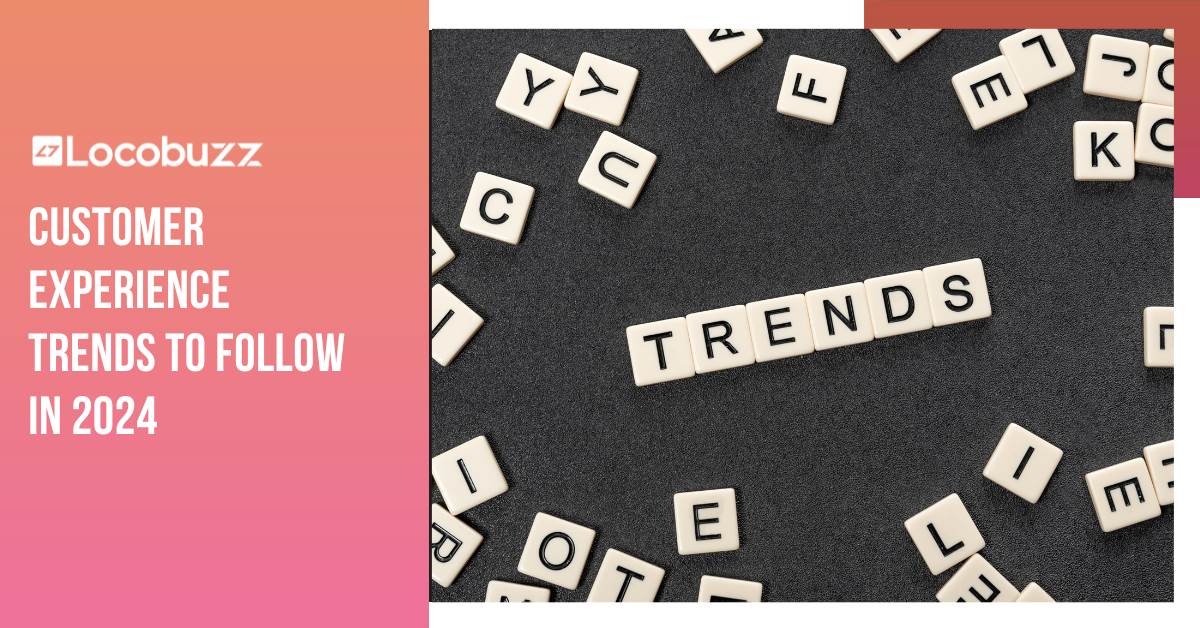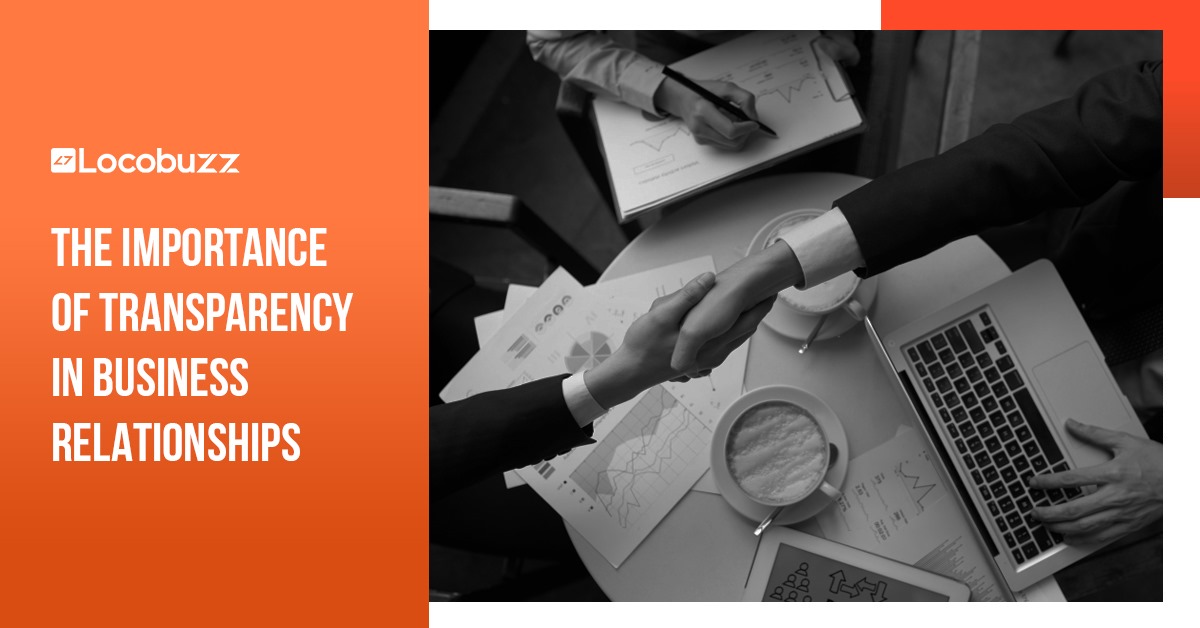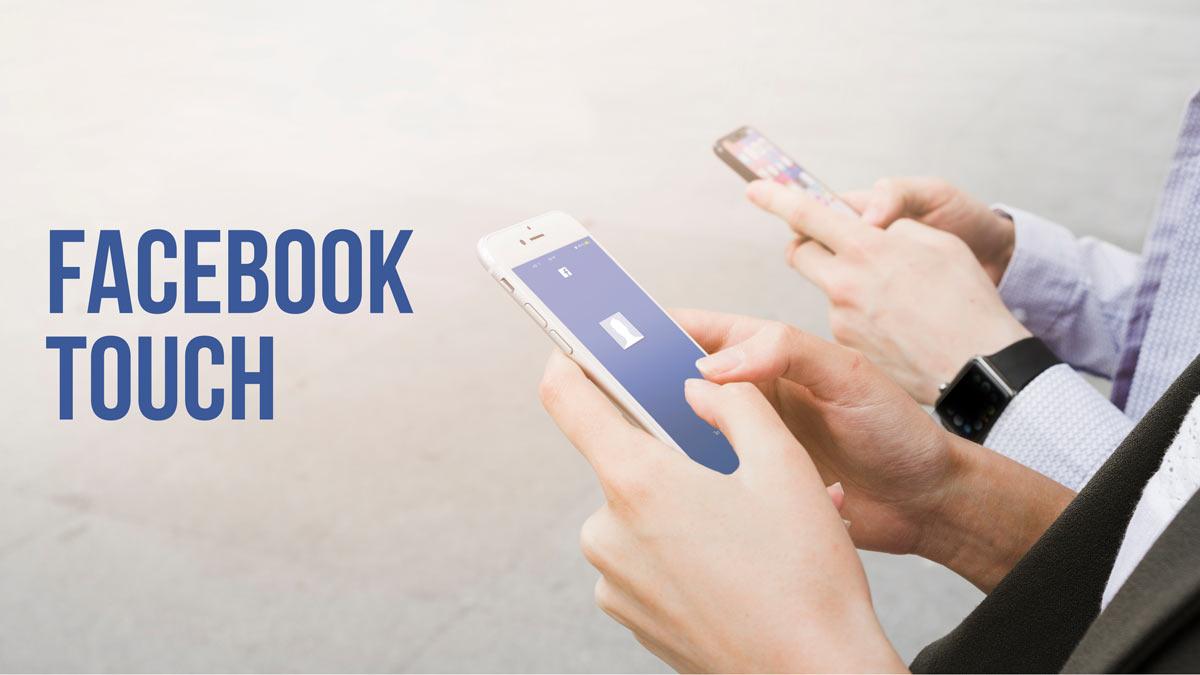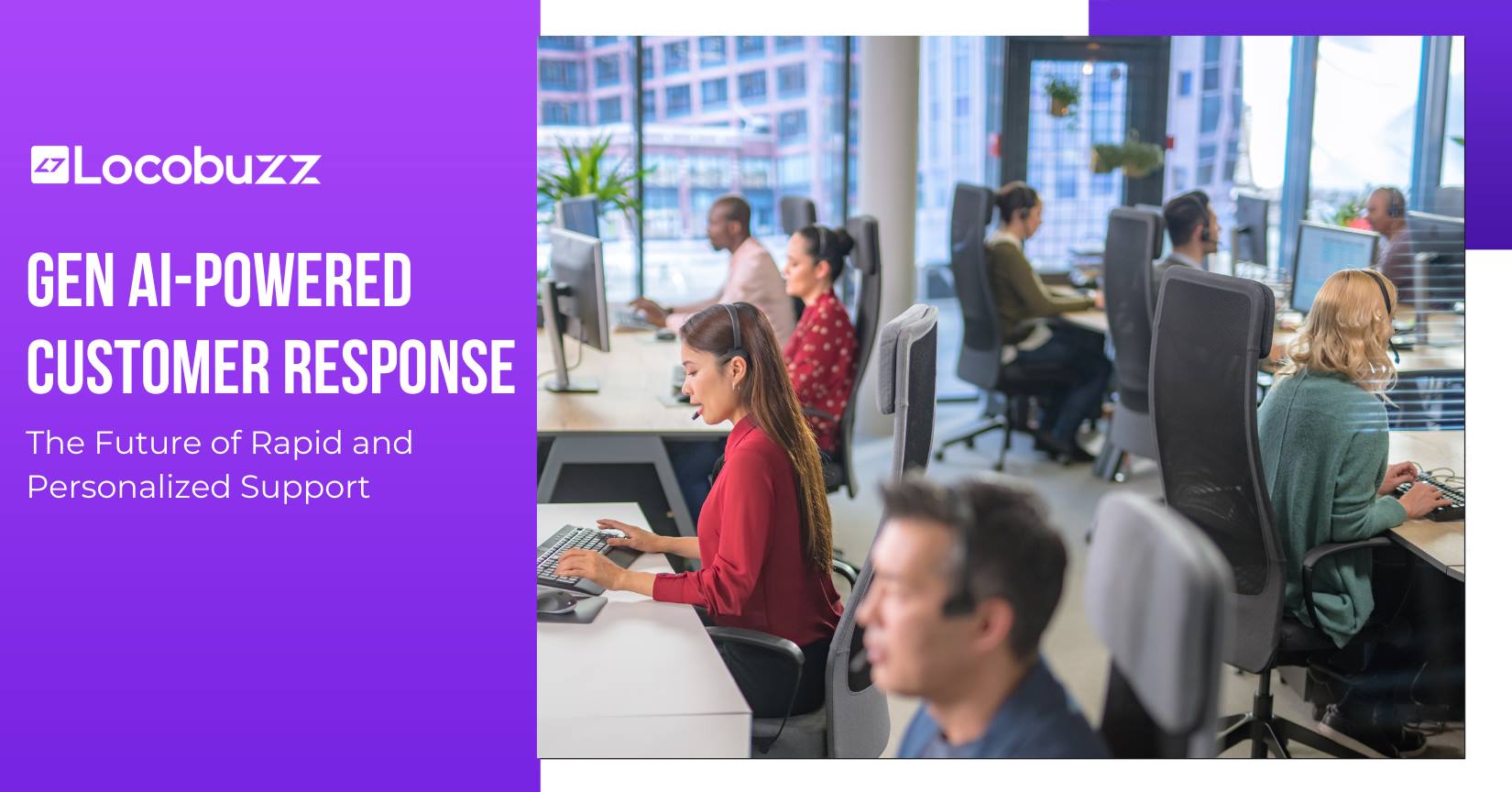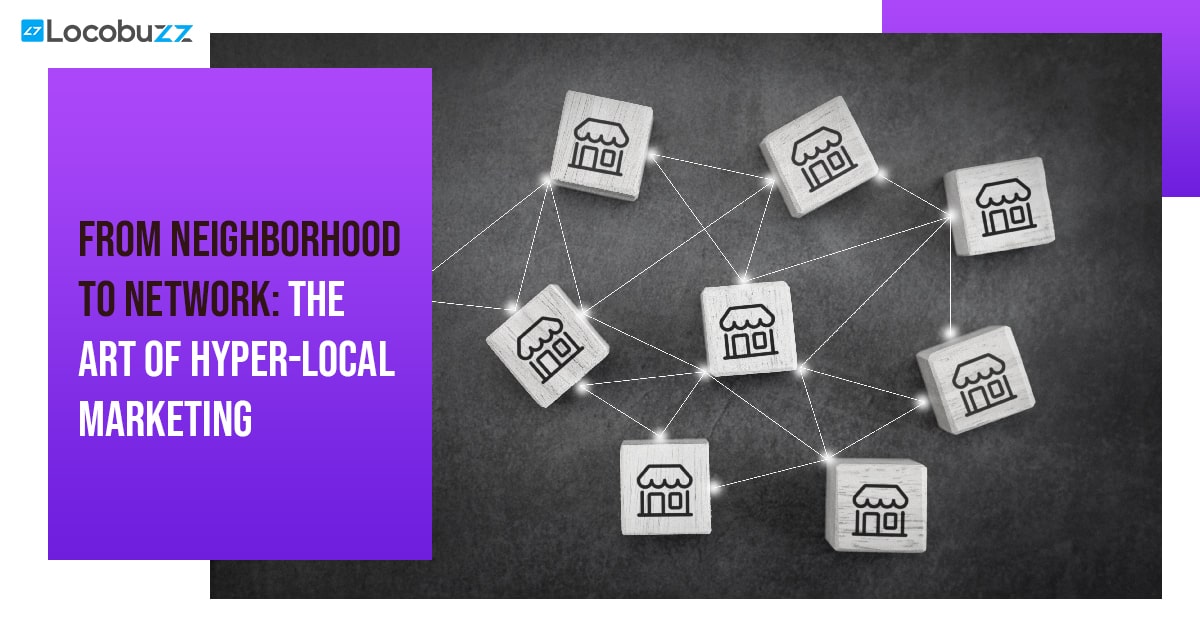Social Listening Vs Social Monitoring: The Difference
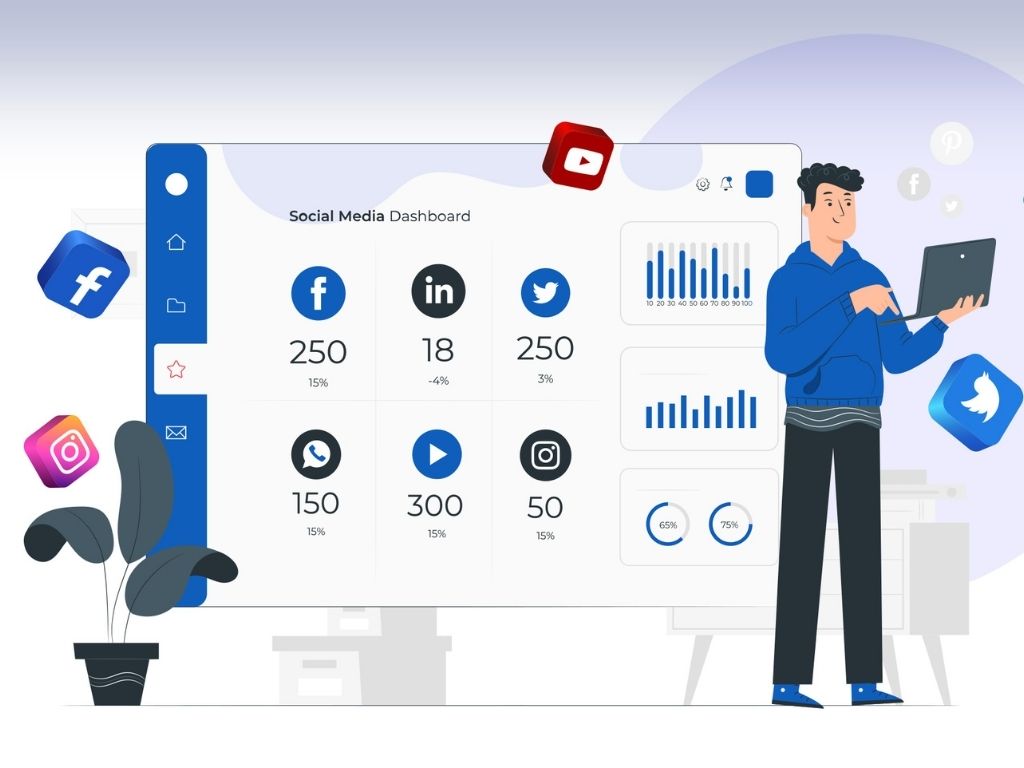
What’s the difference between social listening and social monitoring?
This blog is all about answering your above question & providing you complete clarity on it!
On a day-to-day basis, the number of mentions and topics surrounding a brand or company can range into the thousands. And that’s on a slow day!
Depending on how big the brand or company is, the number of mentions and topics can reach millions; especially during the festive, sale, or other special occasions. This is where Social Listening tools, Social Listening analysis, and Social Media Monitoring come in. You may wonder why a Social Listening tool is important, or what the definition of Social Monitoring is. Let’s understand this together!
For example, a brand selling a product or service might receive complaints, issues, inquiries, or questions. There might even be an unintended controversy surrounding a brand. Under such circumstances, it’s extremely important to keep a tab on what customers are saying online at all times.
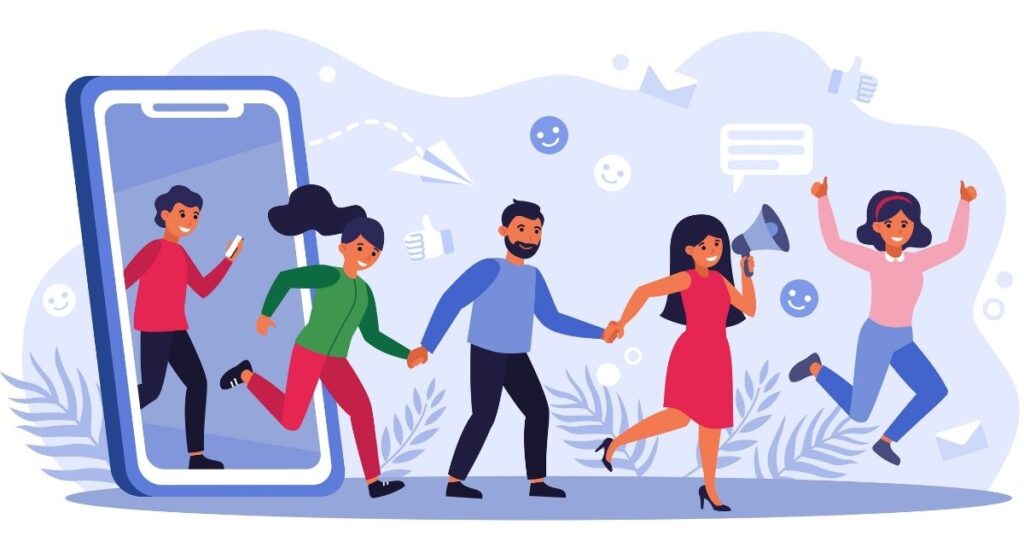
In 2023, when customers are taking to social media more than ever before, brands are turning towards a Customer Experience Management Tool like Locobuzz. With Locobuzz, you can execute Social Listening as well as Social Monitoring alongside a myriad of other features.
But, what is the difference between Social Listening and Social Monitoring?
Let’s understand social listening vs social monitoring.
Read to find out!
Table of Contents
Listening vs monitoring
To understand the difference between Social Listening and Social Monitoring, you must first understand listening vs monitoring itself.
The broad term of monitoring involves watching, observing, and keeping track of progress over time. Listening, on the other hand, involves hearing, interpreting, and understanding. Now, in the context of social media, the following terms can be described as follows:
Social Monitoring Definition:
Social Monitoring is the process of watching & observing social media conversations to meticulously track a company, brand, or campaign over a period of time.
Social Listening Definition:
Social Listening is the process of hearing and interpreting social media conversations to understand consumers over a specific period of time.
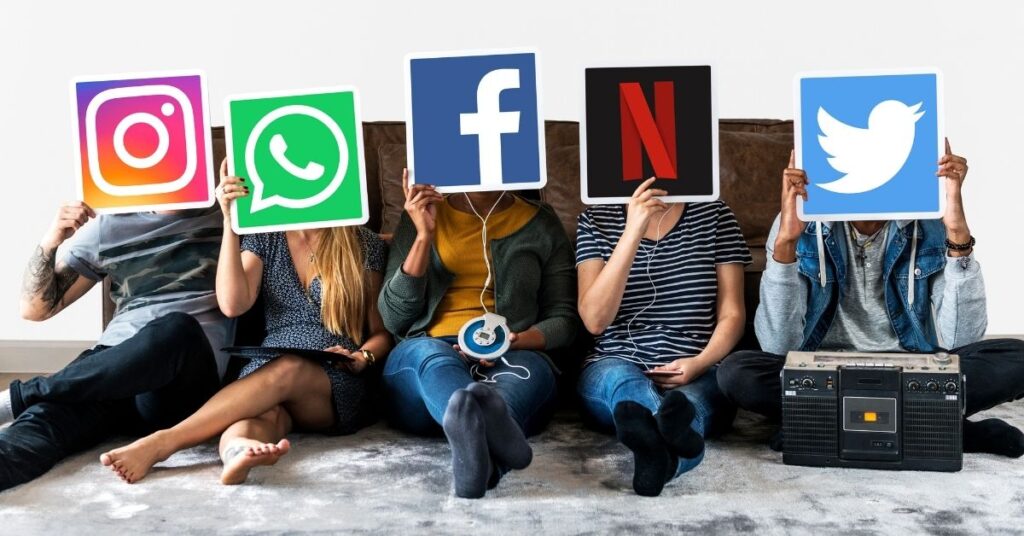
Let’s understand the difference through the examples of two sitcoms: ‘Friends‘, and ‘The Good Place‘. ‘Friends‘, an extremely popular 90s show, follows a group of friends who are very interested in each others’ personal and professional lives. Throughout the show, the friends monitor each others’ activities to know what’s going on with them.
On ‘The Good Place‘, a bunch of people die and go to heaven where an angel keeps a keen, unfaltering eye on all their actions, words, and even thoughts every single moment without fail! This is Social Listening while the latter (‘Friends’) is Monitoring.
Key differences : social listening vs social monitoring
- Social Monitoring is observing a conversation & posting a reply without solution-oriented action. Social Listening is regular hearing and interpretation of information to gain valuable insights. These insights influence business decisions and improve customer experience
- Social Monitoring focuses on a specific company, brand, product, or campaign. Social Listening, on the contrary, tracks all online mentions based on the brand’s need. It helps understand how people are talking about you, competitors, and the overall market landscape.
- While Social Monitoring focuses on responding to customers online,
- Social Listening uses online chatter to meet customer needs. Brands turn unfiltered feedback into actionable insights.
Social Monitoring is when customer care representatives or social media managers respond to queries, issues, and comments. Social Listening, on the other hand, is an overall bird’s-eye view of customers discussing your brand.
Why do brands use social media listening?
Brands use social media listening:
- To track and respond to customer issues
- Tailor their marketing efforts
- Identify opportunities for product improvement
- Protect and improve their reputation
- Gain insights into their competitors’ strategies
- Understand brand sentiment
- Stay up-to-date on industry trends.
One of the main reasons brands use social media listening is for customer service. By tracking and analyzing social media conversations, brands can identify customer issues and respond to them in a timely and effective manner. This can improve customer satisfaction and loyalty.
In addition to customer service and marketing, brands can use social media listening for product development.
By tracking and analyzing conversations about their products, brands can identify opportunities for improvement or new product development based on customer feedback.
Social media listening is also important for reputation management. By tracking and responding to negative comments or reviews, brands can protect and improve their reputation.
How does social monitoring help?
Social monitoring is about micro-managing to know what consumers are saying about your company, brand, or campaign. Its primary function is to measure the popularity of specific topics.
When it comes to Social Monitoring, metrics are important. With the help of metrics gathered through Social Monitoring, one can make sense of vast amounts of data and changes in conversation.
Some important metrics gathered through Social Monitoring are Consumer Sentiment, Volume of Conversation, Conversation Intensity, Impressions, etc.
- Net Sentiment: A score that’s the ratio of positive to negative attitude about a topic.
- Measured on a scale of -100 (all opinions negative) to +100 (all opinions positive)
- The volume of conversation: Total mentions around a brand or topic filtered for comments, retweets, etc.
- Conversation Intensity: A score that’s the relative strength of emotions on a scale
- Impressions: Number of views
How does social listening help?
As opposed to Social Monitoring, Social Listening is about brand mentions, broader social conversations, and trends that provide valuable insights.
Social Listening is a must for brands wanting to invest in the future to stay ahead of the competition. Through Social Listening – which helps in social analytics and social analysis – organic and unfiltered online chatter is used to track trends, uncover unmet needs, and discover pain points.
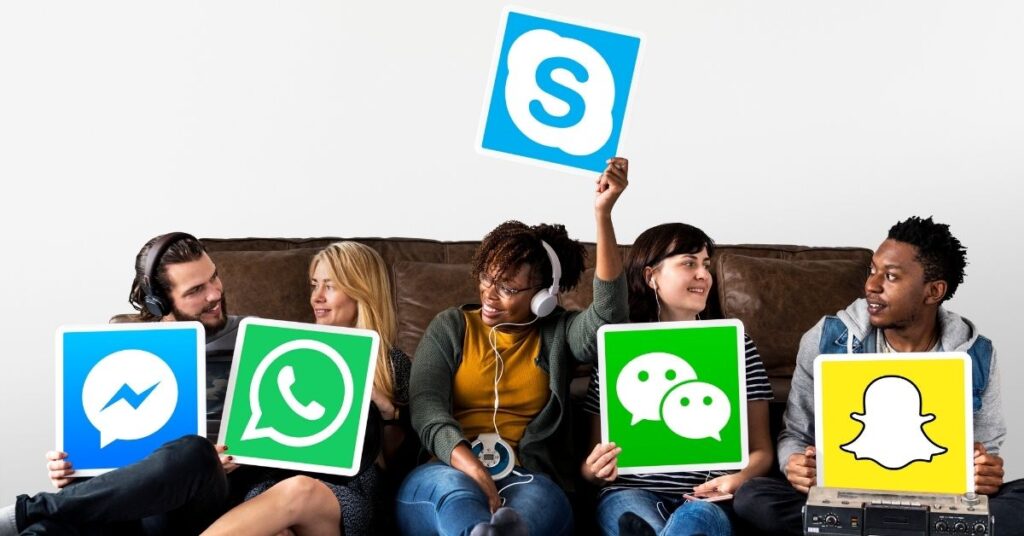
Using a Social Listening tool like Locobuzz can help brands define the subset of online chatter most relevant to them. The subsets could be, for instance, divided into chatter around your own brand; multiple brands; competitors; the entire industry; or customers with specific needs.
Conclusion
If you want to know what each person is saying about your brand or product online, you need Social Listening. For brands wanting to stay competitive, the data received from Social Listening is invaluable. But keep in mind that Social Monitoring is also important as, at times, individual, manual attention to customers also serves a net positive purpose.
If you’re wondering what’s the best option for your brand, then Locobuzz’s Social Listening and Brand Monitoring is the answer. We provide comprehensive Social Listening and Monitoring capabilities to help you achieve goals and help improve your brand presence.

